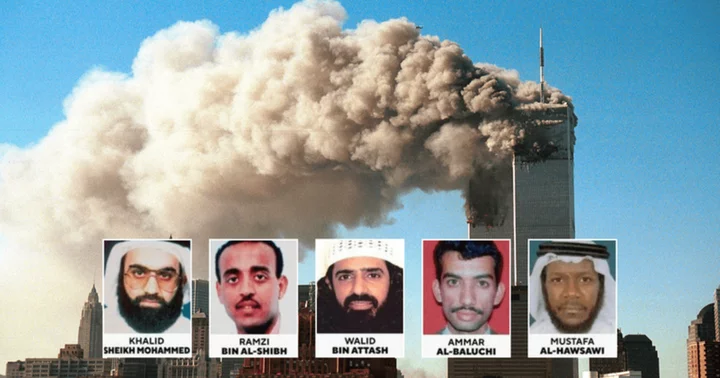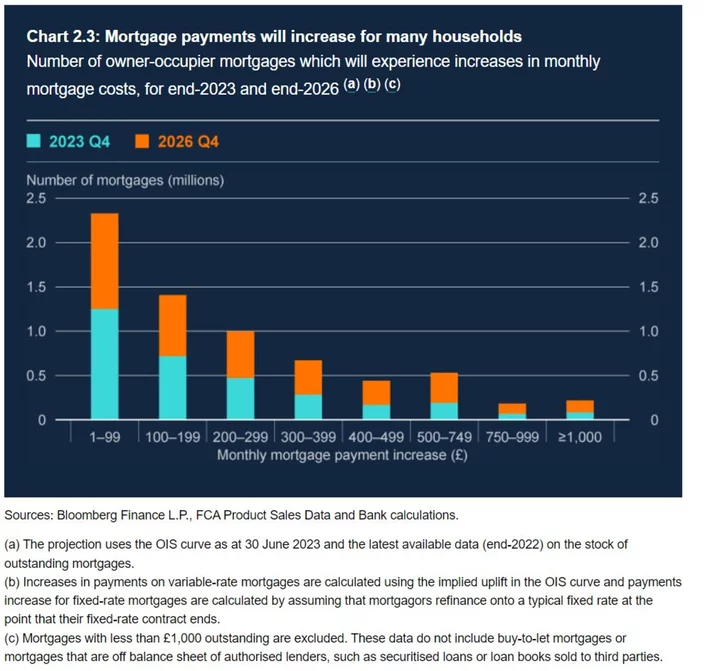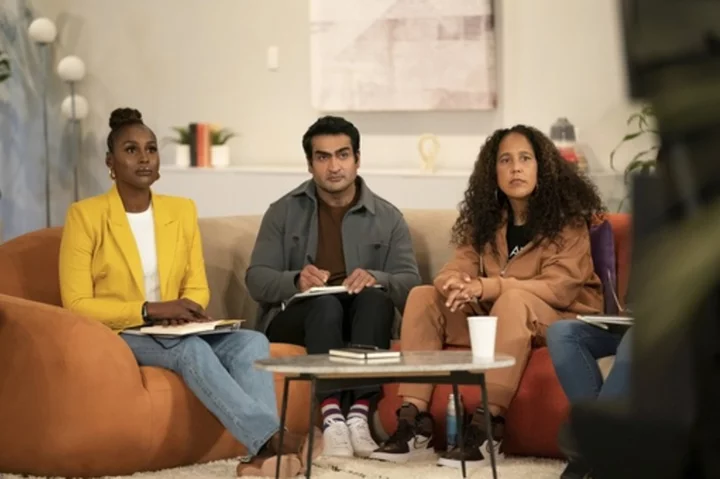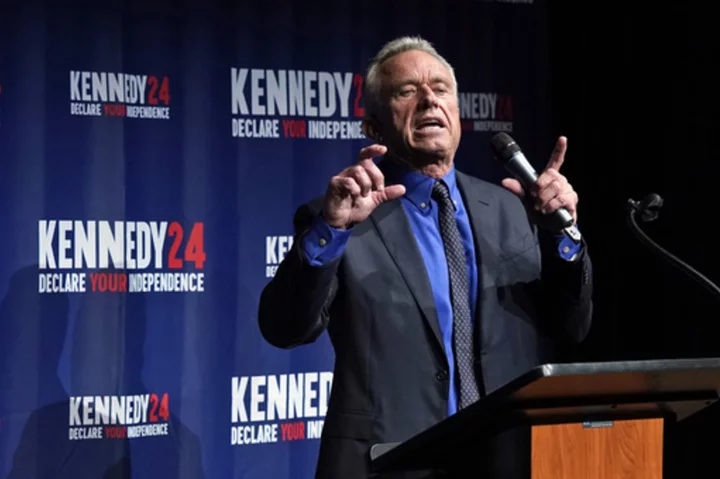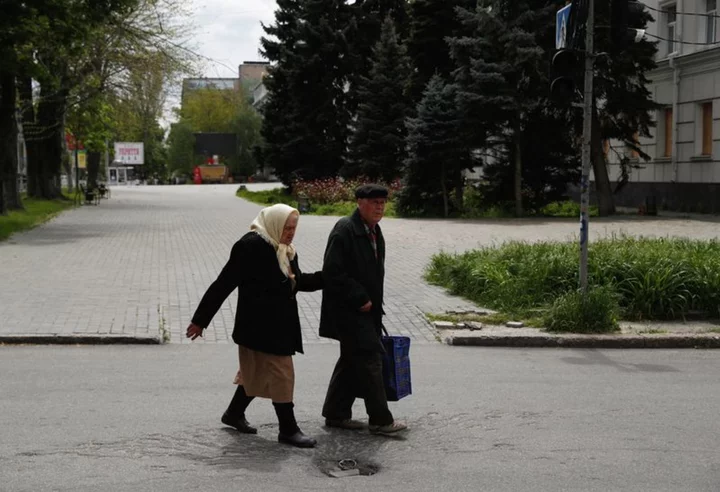WASHINGTON, DC: The specter of the 9/11 terror attacks still haunts the US. Now, a potential shift in legal strategy has left families of victims torn.
The Pentagon and FBI are weighing plea agreements that could eliminate the death penalty for the suspected architects behind the tragic attacks, triggering a mix of skepticism and anger among the families of the nearly 3,000 lives lost.
Why Khalid Sheikh Mohammed and 9/11 terrorists could avoid death penalty
In a letter sent to several affected families and seen by the Associated Press, the Office of the Chief Prosecutor revealed, "The Office of the Chief Prosecutor has been negotiating and is considering entering into pre-trial agreements."
Although a plea agreement has not been finalized "and may never be finalized, it is possible that a PTA, in this case, would remove the possibility of the death penalty," the letter added.
The move comes more than a decade after the start of the prosecutions, raising concerns and debate over the efficacy of the legal process.
Jim Riches, who tragically lost his firefighter son Jimmy in the attacks, expressed his doubts regarding the proposed agreements. "How can you have any faith in it?" he questioned, as quoted by AP. "No matter how many letters they send, until I see it, I won't believe it," he added.
A retired deputy fire chief in New York City, Riches initially supported the idea of military tribunals but now advocates for trying the 9/11 defendants in a civilian court.
Fate of 9/11 mastermind Khalid Sheikh Mohammed
Among the potential impacts of these agreements is the fate of Khalid Sheikh Mohammed, the alleged mastermind behind the attacks on New York City, the Pentagon, and Pennsylvania. The decision could shape the trajectory of numerous cases related to the tragedy.
Peter Brady, who lost his father in the attacks, emphasized the importance of accountability. "It's about holding people responsible, and they're taking that away with this plea," Brady stated firmly. He asserted that the case "needs to go through the legal process" rather than a quick settlement through a plea agreement.
The prosecution of Khalid Sheikh Mohammed and four other individuals detained at Guantanamo Bay has been fraught with delays and legal disputes.
The issue of torture, particularly the circumstances surrounding the initial interrogations conducted while the suspects were in CIA custody, has significantly complicated the proceedings.
The legal quagmire has further been exacerbated by the shifting line-up of defense lawyers and judges, all grappling with the complexities of a military trial. The proceedings have been marred by legal debates over the admissibility of testimony, given the torture suffered by the defendants during their initial detention.
Setbacks and delays in justice for 9/11 victims
The trial's history has also been punctuated by the relentless pursuit of the truth by a network of bereaved families. They have sought to ensure any plea agreement would enable their lawyers to question the defendants about the extent of their involvement in the 9/11 attacks.
The case, which involves Khalid Sheikh Mohammed and four other defendants, has seen its share of changes and setbacks, with multiple delays in determining the defendants' competency to stand trial. The hearings, currently on hold, are scheduled to resume on September 18.
As the legal saga continues, the fate of those involved in the attacks remains uncertain. On the other hand, the families of the victims, their hopes pinned on the legal process, are left grappling with the delicate balance between justice and accountability.

